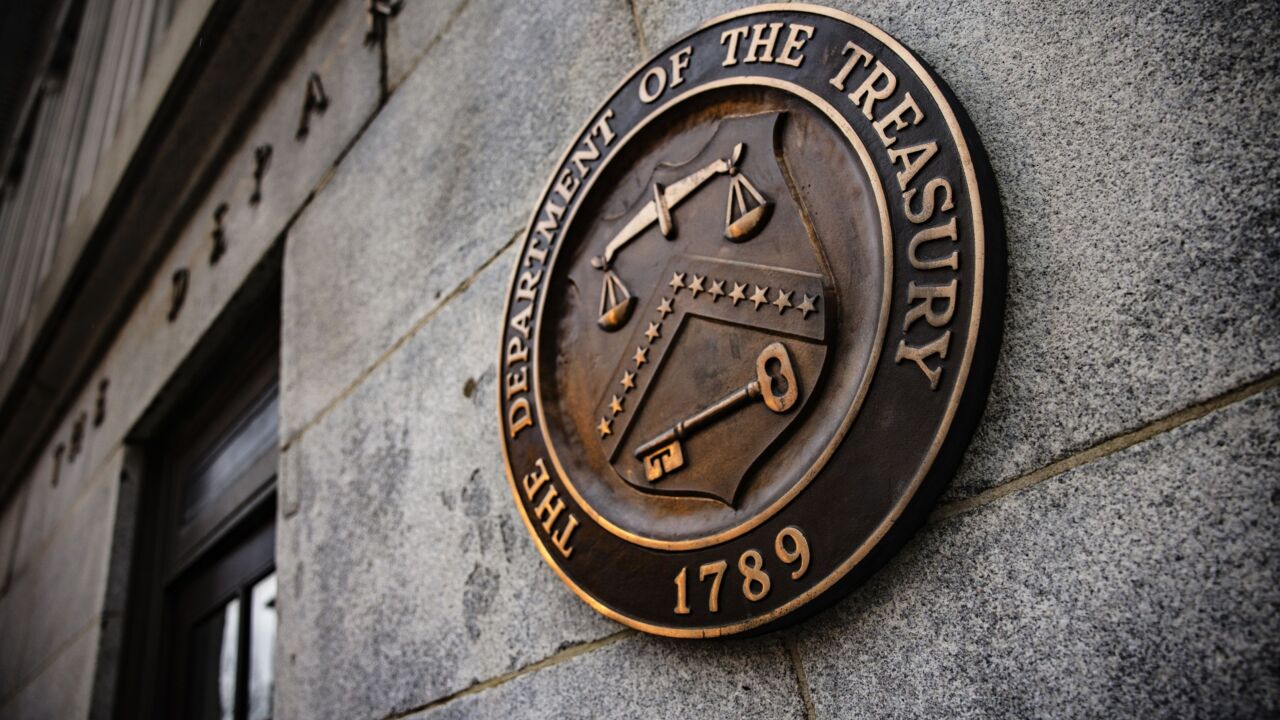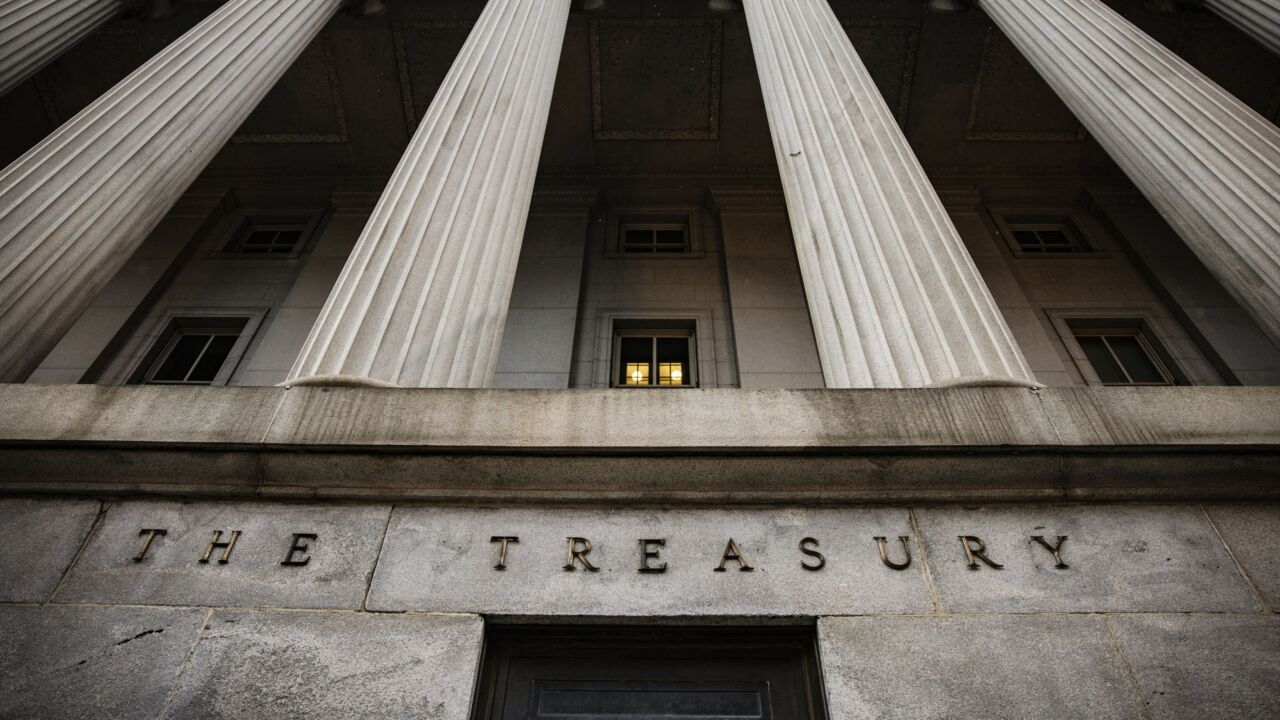Many of the biggest beneficiaries of President Donald Trump’s tax overhaul haven’t even been born yet.
The new law doubles the amount that can be passed to heirs without worrying about estate and gift taxes, to about $22 million for a married couple. But the thresholds are in place only until 2025, and the ultra-rich are turning to a key tool — the dynasty trust — to secure the financial futures of their grandchildren, great-grandchildren and beyond.
“For the mega wealthy, it’s really a window of opportunity that’s limited,” said Joan Antoniello, a principal at Mazars USA Wealth Advisors.
Dynasty trusts let the richest Americans protect and preserve wealth for generations, while minimizing tax bills. Treasury Secretary Steven Mnuchin appears to have used one prior to assuming his government role. They can be funded tax-free with assets up to the exemption limit, which was $10.98 million in 2017 for couples, even though complex tax-planning techniques can get around that threshold.

About a dozen of the nation’s top wealth planners say they’re seeing increased interest in the trusts as clients look to capitalize on the additional $11 million they can now easily shift over. Some families want to transfer money out of their estates into the trusts in case Democrats take back control of Congress and pull the limits back down before 2025, while others say it’s best to move assets before they appreciate even more.
Fewer than 2,000 families per year could be subject to the new estate tax limits, but billions of dollars are at stake. The richest 0.1 percent of families control a growing share of U.S. wealth, from an estimated 7 percent in 1978 to 22 percent in 2012, according to a University of California, Berkeley study. The net worth of the wealthy has zoomed even higher in recent years as values of stocks, real estate and private businesses have climbed.
There’s a further reason why those unaffected by the tax may still care about it: It illustrates how Trump’s claim that the rich wouldn’t gain at all under his tax plan is flat-out wrong.
Brad Dillon, a senior wealth planner at Brown Brothers Harriman, said he’s working with a family now to take advantage of the tax law changes. His clients, a married couple who founded a successful commodities import business, set up a regular trust for their three children in 2012. They used the prior, lower estate tax exemption to put a $10 million stake of their business in it—an asset that has since almost doubled in value.
Now, with an additional $11 million to play with, the family’s goal is to create a new dynasty trust to take care of grandchildren, who range from toddlers to 20-somethings, and of subsequent generations.
Here’s how it works: Dynasty trusts must be set up in one of the few states, such as South Dakota or Delaware, that allow for trusts without expiration dates, but you don’t have to live there to create one. They’re funded with cash, stocks or other assets, and structured so they pay each generation of heirs only some of the trust’s proceeds, while the rest of the money grows—free of estate and gift taxes.
The trusts generally need to pay taxes on any income or gains, but if there are stakes for private businesses, capital gains taxes aren’t owed until the business is sold. With the right planning, a trust funded with a $22 million tax exemption can wind up being worth far more than $22 million.
Like most trusts, they offer control over where money goes and how it gets spent, and they can shield assets from heirs’ creditors and former spouses.
The trustee for Dillon’s clients—Brown Brothers Harriman’s Delaware offshoot—will have the final say on who gets what. It will be guided by the clients’ wishes for the money to be used primarily to fund the educations and first-home purchases of their offspring, along with any emergencies such as medical costs.
Mnuchin placed assets worth at least $32.9 million into the Steven Mnuchin Dynasty Trust I, according to a disclosure to federal ethics officials made public last year, as well as securities filings by a company at which he used to work. The assets include corporate stock and interests in a Willem de Kooning painting and a three-engine corporate jet. A Treasury spokeswoman declined to comment.
Republicans have long sought to eliminate the so-called death tax—a 40 percent levy that’s been around in some form since 1916—arguing that it threatens family businesses. But pushback from Republican senators during tax negotiations resulted in the law only increasing the exemption amount temporarily.
For their part, Democrats have said that repealing the tax is a giveaway to the rich and will only exacerbate surging wealth inequality. A proposal by Senate Democrats in March called for restoring the $11 million exemption amount for couples to help pay for a $1 trillion infrastructure package.
“This idea of starting dynasty trusts will, I think, have a lot of legs in 2018,” said Edward Reitmeyer, a tax partner at Marcum. Part of what’s driving the interest is that the higher exemption amount makes the costs of setting up and maintaining the trusts over time better worth it, according to Reitmeyer.
The costs vary according to how complicated the financial situation is and what’s going into the trust, but generally lawyers, trust companies, accountants and investment managers may be involved and will thus need to get paid.
A further reason for the interest in dynasty trusts? The “tremendous explosion” of wealth makes it essential to move those assets out of the estate before they’re worth too much, said Jonathan Forster, a partner at estate planning firm Weinstock Manion. The U.S. stock market has more than tripled since 2009.
“Our toolbox is getting bigger and bigger,” Forster said. “A lot of clients want to take advantage of this new law. It’s definitely been a busy time.”





